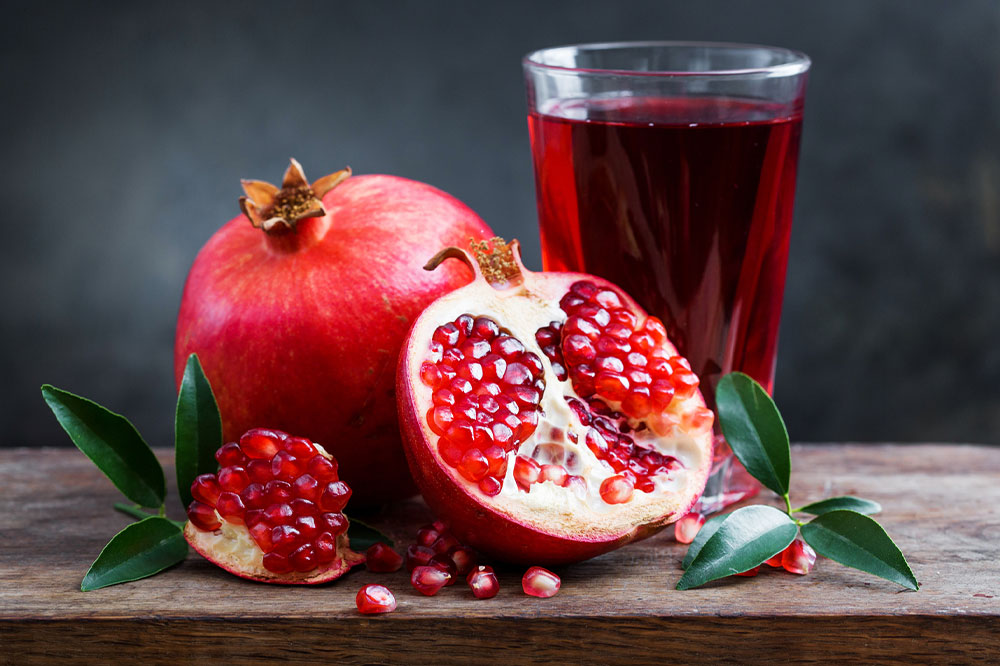Essential Diet Tips for Managing Asthma Symptoms
This article provides essential dietary tips for managing asthma, highlighting safe foods that can help reduce symptoms and prevent attacks. It emphasizes the importance of a balanced diet rich in vitamins, minerals, omega-3 fatty acids, and anti-inflammatory spices. By including these nutrients and avoiding triggers, individuals with asthma can improve their respiratory health and boost immunity. Practical advice on food sources and lifestyle helps support effective asthma management through nutrition.

Essential Diet Tips for Managing Asthma Symptoms
Proper nutrition plays a vital role in controlling asthma. This guide highlights foods that are safe and beneficial for individuals with asthma. Consuming non-allergenic foods can help reduce symptoms and prevent attacks. Conversely, certain foods may trigger asthma flare-ups and should be avoided. Maintaining a balanced diet ensures the body receives essential nutrients, boosting immunity and overall health, which are crucial for effective asthma management.
Below are key foods that can support asthma control and improve respiratory health:
Vitamin D
Vitamin D, especially beneficial for children, can decrease the frequency of asthma attacks. Rich sources include salmon, dairy products, eggs, and citrus fruits, but those allergic to milk and eggs should avoid these. Sunlight exposure is also a natural way to boost Vitamin D levels.
Vitamin A
Vitamin A supports lung function. Foods high in Vitamin A include carrots, broccoli, leafy greens, sweet potatoes, papayas, and mangoes. Particularly, carrots contain beta-carotene, which may help lessen exercise-induced asthma episodes.
Magnesium
Sufficient magnesium intake is crucial for developing healthy lung function in children. Foods such as salmon, nuts, seeds, peas, asparagus, bananas, figs, and kale are excellent sources. Be mindful of potential allergies, as some foods may cause reactions in certain individuals.
Fruits and Vegetables
Most fruits and vegetables are safe and nutritious for asthma sufferers. They contain nutrients that boost immune health. For example, bananas provide potassium to support lung health, and apples, consumed regularly, have been linked to a lower asthma risk. Colorful produce offers flavonoids and beta-carotene, beneficial for respiratory health.
Omega-3 Fatty Acids
Omega-3s help relax airway muscles and reduce inflammation. Including flaxseeds, cold-water fish like tuna and sardines, nuts, and plant oils in your diet can be advantageous for asthma management.
Spices
Spices like garlic, ginger, and turmeric not only enhance flavor but also possess anti-inflammatory properties that can ease asthma symptoms. Incorporate these into meals or remedies like ginger-honey decoctions or turmeric with milk.
The foods listed above are safe and can support asthma symptom relief and attack prevention. A mindful diet can significantly improve respiratory health and overall well-being.










